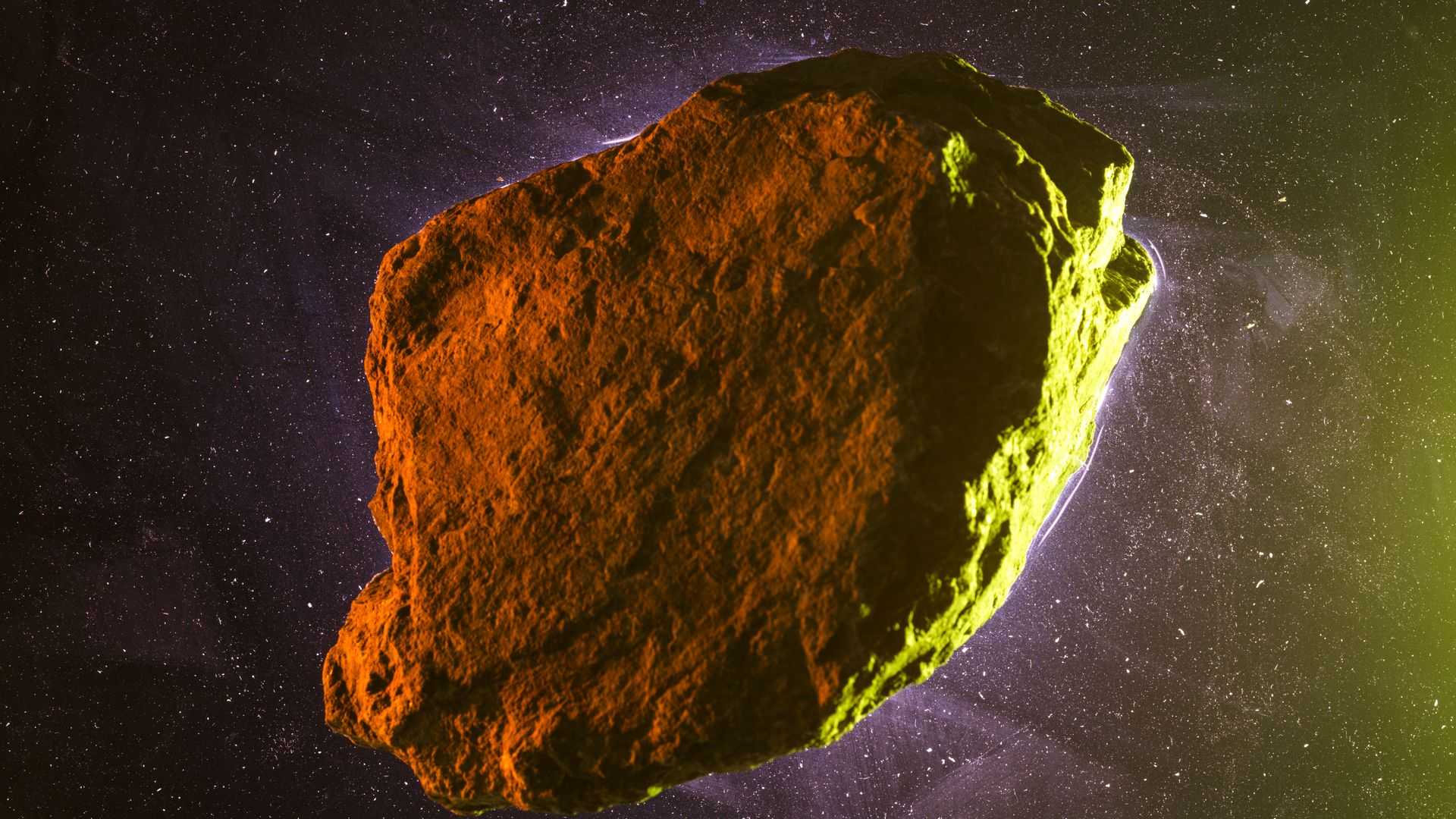World
China Launches Recruitment for Planetary Defense Amid Asteroid Threat

BEIJING, China — In response to an assessment indicating a low but increasing likelihood that an asteroid could impact Earth in 2032, China has initiated a recruitment drive for a new planetary defense force. The State Administration of Science, Technology and Industry for National Defence (SASTIND) posted job ads online for graduates in aerospace engineering and related fields.
The recruitment follows the recent increase in probability of the asteroid, identified as 2024 YR4, hitting Earth, with estimates rising from 1.3% to 2.2%. This has prompted ongoing discussions among the UN’s Space Mission Planning Advisory Group, which includes several nations with established space programs.
The job postings, shared via WeChat, attracted attention as they sought candidates under the age of 35 who embody a strong political alignment with the Chinese Communist Party and its leader, Xi Jinping. SASTIND is looking for positions in the new planetary defense initiative, with 16 job openings listed, including three specifically for this purpose.
Social media responses reflected a mix of apprehension and ambition. “The Earth would depend on you three. Isn’t that stressful?” one user commented. Another observed, “If you succeed, you’re a hero who saves the world. But no one would punish you for failing, I mean, there be literally ‘no one’ left.”
The job descriptions emphasize collaboration and the development of cutting-edge technologies aimed at monitoring and early warning of near-Earth asteroids. Successful candidates will be required to have a master’s degree or higher in fields related to astrophysics, space technology, or aerospace science.
Andrew Jones, a SpaceNews correspondent specializing in China’s aerospace developments, noted that while the recruitment coincides with the asteroid discovery, it appears to be part of a broader strategy to bolster China’s planetary defense capabilities. “This includes monitoring systems and preparing measures like kinetic impactors to divert threatening asteroids,” he said.
The focus on deflecting asteroids aligns with China’s plans to replicate NASA‘s successful the 2020 Dart mission, where a spacecraft collided with an asteroid named Dimorphos to change its trajectory. China is also scheduled to conduct its own asteroid redirection test in 2027, targeting a smaller asteroid named 2015 XF261.
However, concerns arise about the smaller size of the asteroid and the implications of potential fragmentation. Harrison Agrusa, a planetary scientist at the Observatoire de la Côte d’Azur, remarked, “Given what we learned from Dart, a similar impactor mission onto a much smaller target would likely fully disrupt it.” He concluded that, while there is no immediate danger from 2024 YR4, it is critical to continue studying and understanding such threats.
As China invests in its aerospace sector and planetary defense strategies, the steps taken now may play a vital role in future efforts to safeguard the Earth from potential asteroid impacts.












